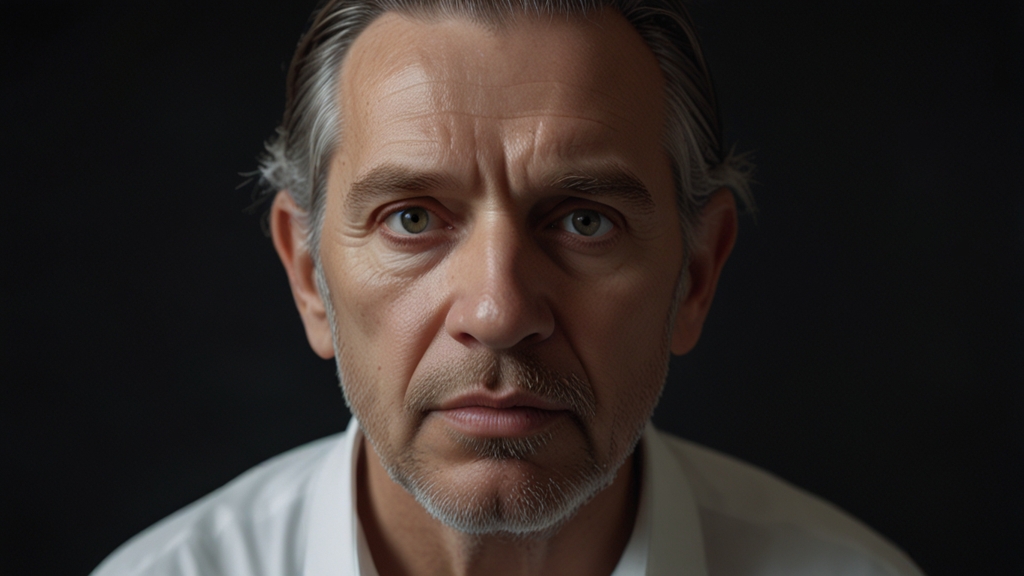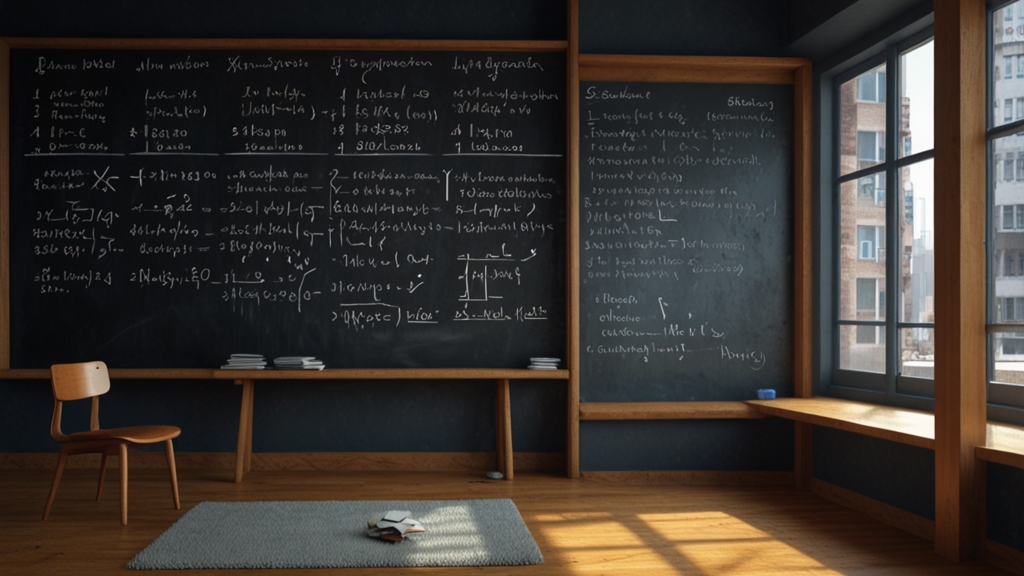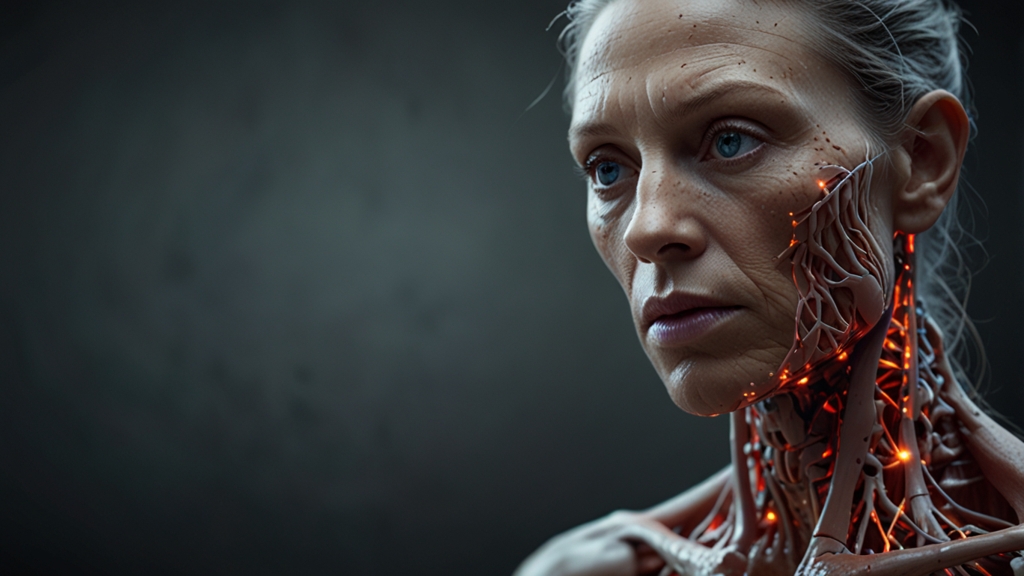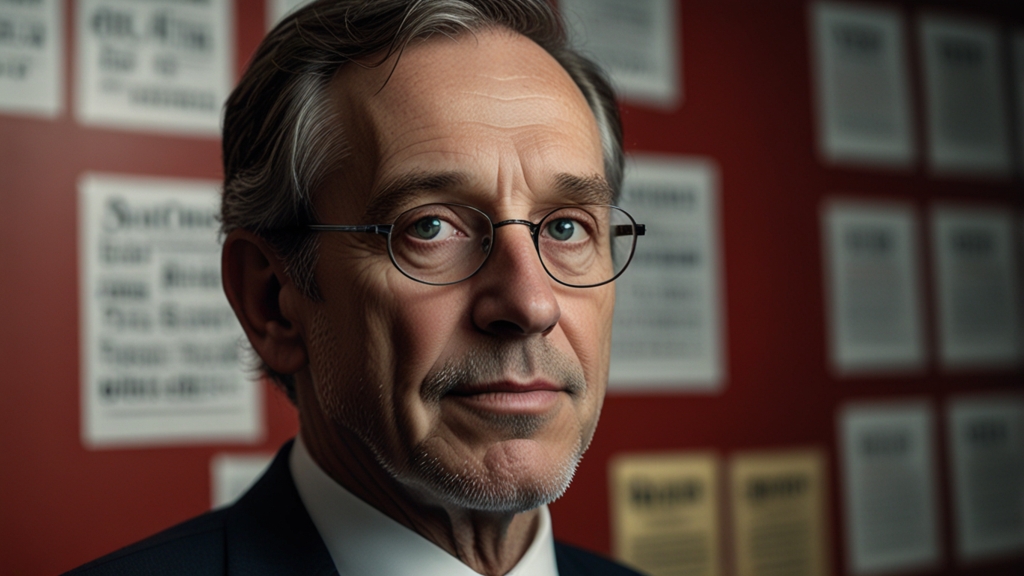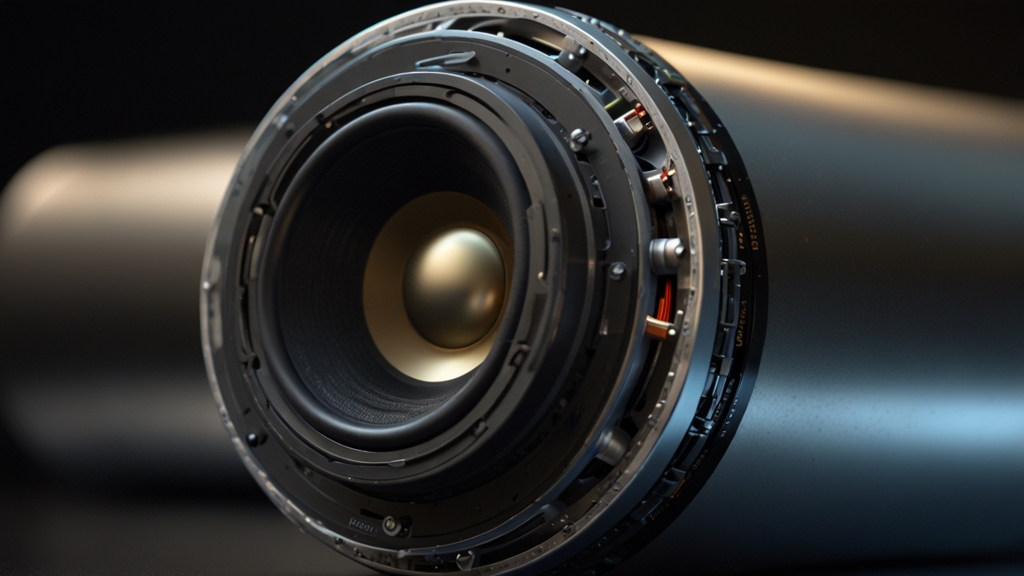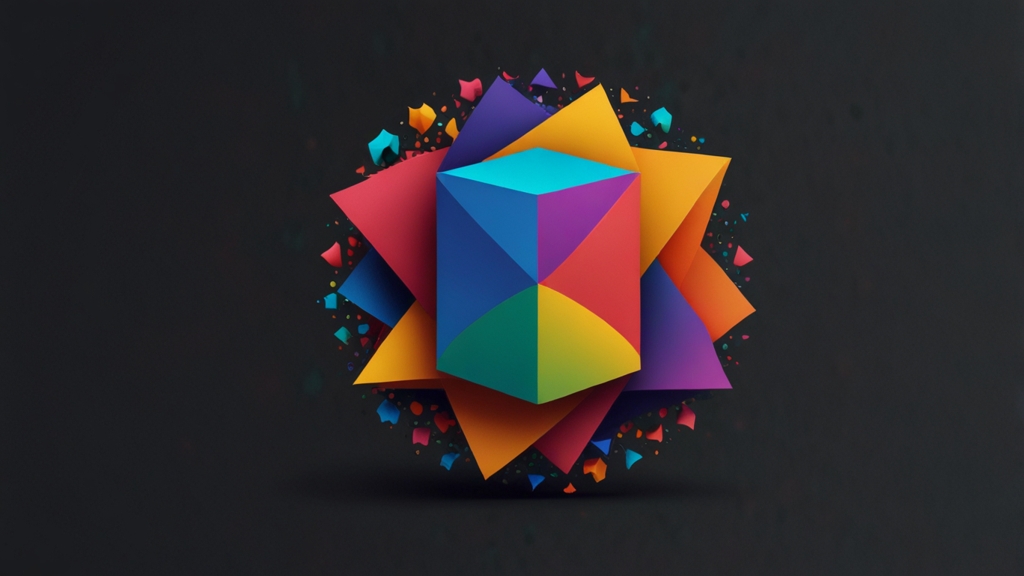The End of Truth: Can Philosophy Save Our Modern Minds?
In an era where misinformation spreads like wildfire and facts often seem subordinate to feelings, the concept of truth is under siege. The modern world, characterized by fast-paced technological advancements and an overload of information, presents unique challenges to discerning what is real and what is not. This invites the question: can philosophy, the ancient discipline dedicated to wisdom and understanding, save our modern minds from the abyss of uncertainty?
The Crisis of Truth
The age of social media has democratized information dissemination, but it has also blurred the lines between truth and falsehood. Fake news, deepfakes, and echo chambers amplify biased narratives, leading to a crisis of truth. People find themselves grappling with doubt, unable to trust media sources or even scientific findings.
"In a time of deceit, telling the truth is a revolutionary act." ― George Orwell
The issue here is more profound than just misinformation. It touches on epistemology, the branch of philosophy concerned with knowledge. When doubt pervades every aspect of our lives, from politics to medicine, it becomes crucial to revisit philosophical teachings to ground ourselves back in reality.
Philosophical Foundations
Philosophers like Socrates, Plato, and Aristotle spent their lives contemplating the nature of truth and reality. Socrates famously professed that "the unexamined life is not worth living," prompting individuals to rigorously question their beliefs and the information presented to them. Plato's Allegory of the Cave depicted the journey from ignorance to enlightenment, emphasizing the importance of seeking truth beyond mere appearances.
In more recent times, philosophers like Karl Popper introduced the concept of falsifiability in science, which encourages continuous questioning and testing of hypotheses. Popper’s philosophy insists that for something to be deemed truthful, it must withstand rigorous scrutiny and be open to refutation.
The Role of Critical Thinking
One of philosophy’s greatest gifts to humanity is the emphasis on critical thinking. In a world teeming with conflicting narratives and data overflow, the ability to critically assess information is indispensable. Critical thinking involves analyzing arguments, identifying logical fallacies, and weighing evidence, skills that philosophy has honed over millennia.
Philosophical training fosters an inquisitive mindset, pushing individuals to question assumptions and seek clarity. This becomes particularly valuable in navigating the murky waters of modern media, where competing interests often cloud objectivity.
Finding Meaning in Chaos
Amidst the uncertainty, philosophy offers a beacon of hope. Existentialist philosophers like Jean-Paul Sartre and Albert Camus pondered the meaning of life in a seemingly indifferent universe. Their work encourages individuals to find their own meaning and create value in their lives, despite the pervasive chaos.
"Man is condemned to be free; because once thrown into the world, he is responsible for everything he does." ― Jean-Paul Sartre
In a similar vein, Viktor Frankl, a Holocaust survivor and psychiatrist, developed Logotherapy, a therapeutic approach centered on finding purpose even in the direst of circumstances. His work underscores the power of personal agency and meaning-making, providing a philosophical framework for navigating modern life's complexities.
Conclusion
The end of truth does not have to signify the end of understanding. Philosophy, with its rich history and methodological rigor, offers tools to combat misinformation, foster critical thinking, and find purpose. As we stand at the crossroads of truth and deception, turning to philosophical wisdom might just save our modern minds from spiraling into oblivion.
In an ever-changing world, the pursuit of truth remains a revolutionary act, one that requires courage, curiosity, and an unwavering commitment to wisdom. Let us embrace philosophy not merely as an academic discipline but as a vital guide to navigate the intricate maze of modern life.
